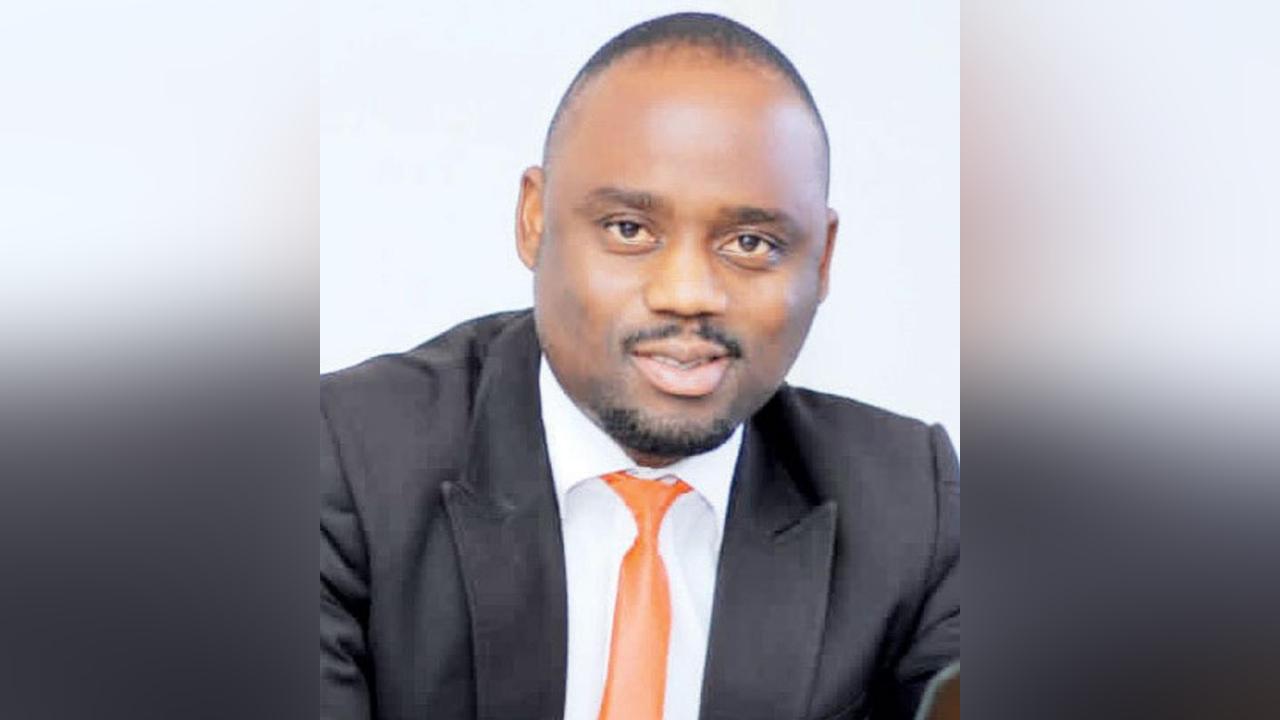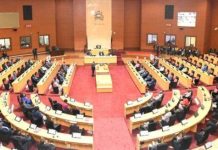Africa-Press – Malawi. Health Services Managers Network, a grouping of directors of health and social services in all the 35 councils of the country, have asked the government to fully decentralise the drug budget. They claim that the move would help improve the availability of drugs in public hospitals.
Currently, councils are only given 10 percent of their total drug budget which they use for procuring essential medicines from elsewhere whenever Central Medical Stores Trust (CMST) has run out of stock. The call was made by network president Henry Chibowa when members attended an annual general meeting in Mzuzu City Monday.
“As at now, the drug budget is inadequate, operating at slightly above 50 percent of the required drug budget financing. In the 2022-23 fiscal year, the health budget received K283.57 billion, out of which K27.7 billion was for drugs.
“We still have stock-outs of drugs in public health facilities. The main challenge there is that the drug supply chain is monopolised in the sense that councils can only procure drugs from the Central Medical Stores Trust. So if the trust does not have the drugs, it means the hospitals have nowhere to get the drugs. So, if district councils are allowed to buy drugs elsewhere when the Central Medical Stores Trust does not have any, this will ensure that healthcare service facilities have adequate drugs all the time,” he said.
The network’s proposition comes at a time the Malawi Local Government Association (Malga) has proposed a 50 percent drug budget allocation to councils.
In an interview Monday, Malga Executive Director Hadrod Mkandawire said councils have the capacity to manage funds, arguing that projects under the Governance Enabling Service Delivery (Gesd) initiative are a yardstick.
“With Gesd, councils are given grants because of performance in a number of areas. This includes compliance with legal policy frameworks on public funds management. So, if you look at the number of councils that are able to get the performance-based grants from Gesd, that should show the level of trust that the Central Government should place in these councils. They can handle any amount of money,” he said.
Commenting on the proposal, Health Deputy Minister Enock Phale said they have started devolving some of the functions of the Central Government to councils.
“The Ministry of Health is one of the sectors that have devolved in human resource and has even recently devolved in the area of drug budget. We have given the councils the 10 percent drug budget to be managed by them. That shows commitment. We have also devolved resources meant for rehabilitation of healthcare service facilities,” he said.
In recent years, the drug budget has been on a downward spiral. For example, in the 2020- 21 fiscal year, the drug budget percentage points dropped to 14.4 percent, or K28 billion of the total health budget of K195.3 billion.
In 2021-22, the drug budget dropped further to 10.7 percent, or K20 billion out of the K187 billion health budget, which represented 9.4 percent of the country’s total budget.
For More News And Analysis About Malawi Follow Africa-Press






